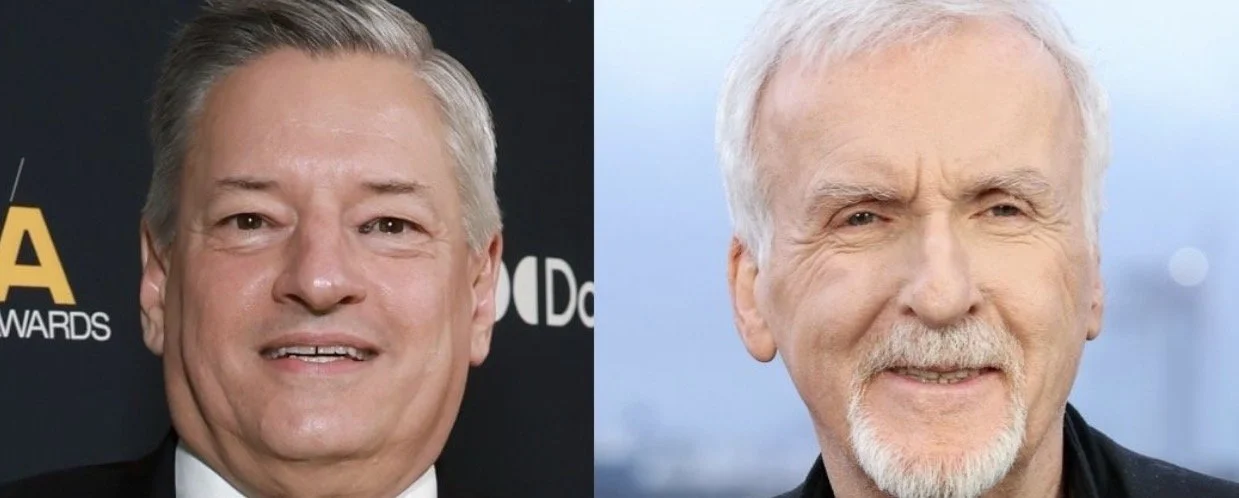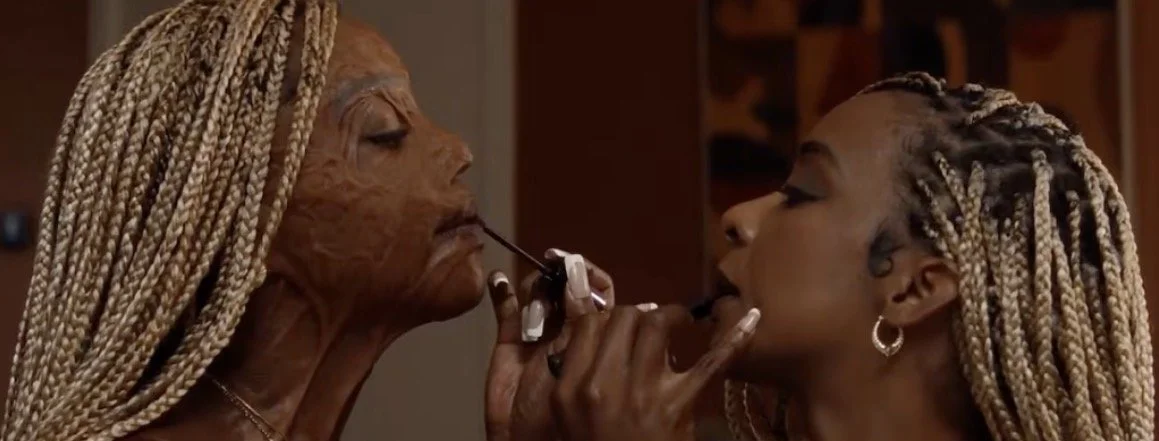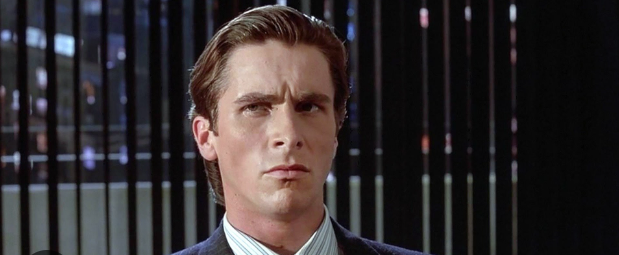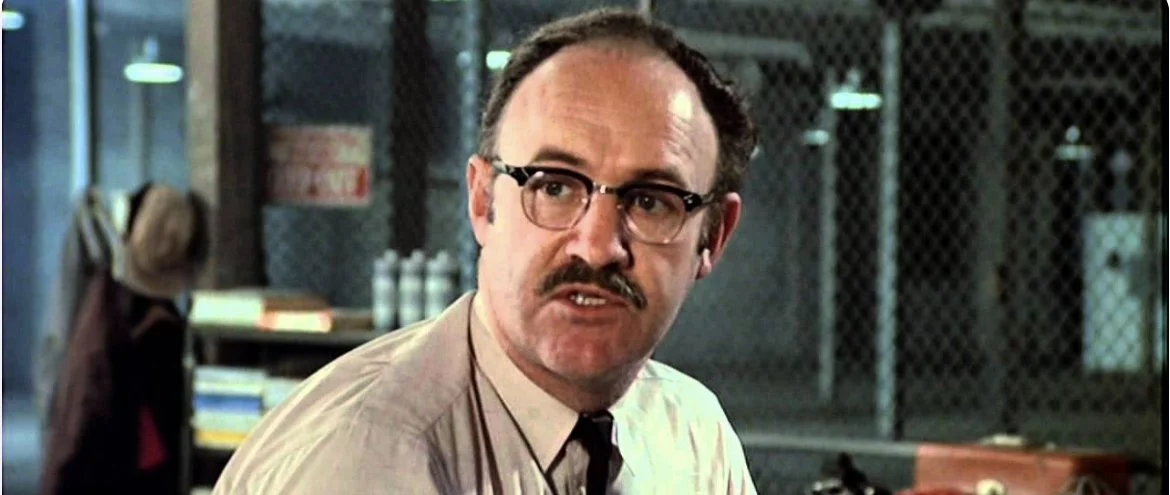UPDATE: IndieWire’s sources have confirmed our suspicions. “The Conversation” is indeed being remade as a series. Erin Levy, known for her work on “Mad Men” and “Mindhunter,” will be the showrunner.
However, contrary to original rumors, Aubrey Plaza has not signed on yet for the lead role, but the series will however have a gender-flipped main character. So, no more Harry Caul.
Here’s the official synopsis (via IndieWire):
Based on Francis Ford Coppola’s seminal 1974 film, “The Conversation” follows luddite Harry Caul, a surveillance specialist obsessed with privacy, as she becomes entangled in a corporate espionage mystery that is bigger than she ever imagined. As she gets deeper, the surveillant becomes the surveilled, and she’ll have to step outside of her reclusive life and make the personal connections she’s been avoiding to find answers, and save herself.
EARLIER: Remaking Francis Ford Coppola’s “The Conversation” might actually be a worse idea than Gus Van Sant’s shot-by-shot “Psycho” remake, or even Robert Downey Jr’s upcoming retelling of “Vertigo.”
Yes, according to Daniel Richtman, “The Conversation” might be turned into a limited series. MRC is producing. The talented J.C. Chandor (“All is Lost”, “A Most Violent Year”) is writing and directing.
Oh, but it gets worse. In the show, however, Gene Hackman’s Harry Caul will be genderbent. Aubrey Plaza has the current offer for the role. Shoot me now. As much as I love Chandor and Plaza, we didn’t need this. It doesn’t help that “The Conversation” is one of the most copied movies of the 20th century — just a few years ago Soderbergh put his spin on it with “Kimi.”
And, with Chandor, especially? I’ve not given up on the guy. Despite his next film being “Kraven,” he still has the potential to be a major filmmaker. His first three films, “Margin Call,” “All is Lost” and, especially, “A Most Violent Year,” were all impressive. These last five or so years he’s run into funding issues, which is probably why he decided to take on ‘Kraven.’
A total and utter classic of cinematic paranoia, “The Conversation” had Hackman’s lonely wiretapping expert, Harry Caul, hired to record a seemingly innocuous conversation between two lovers, but, upon re-hearing the tapes, he realizes the couple might be in danger.
The film, more relevant today than it has ever been, played around with the perception of sound, time and thought. However, more importantly, in the age of the post-9/11 “surveillance state,” Coppola’s film now plays as a prophetic statement on citizens losing their own privacy, and succumbing to extraordinary forces beyond their control by adhering to the lawlessness of higher powers.
The story goes that Coppola accepted to direct “The Godfather: Part II” only if Paramount allowed him to make “The Conversation.” The result is a masterpiece of ‘70s cinema and one of Gene Hackman’s greatest performances.






